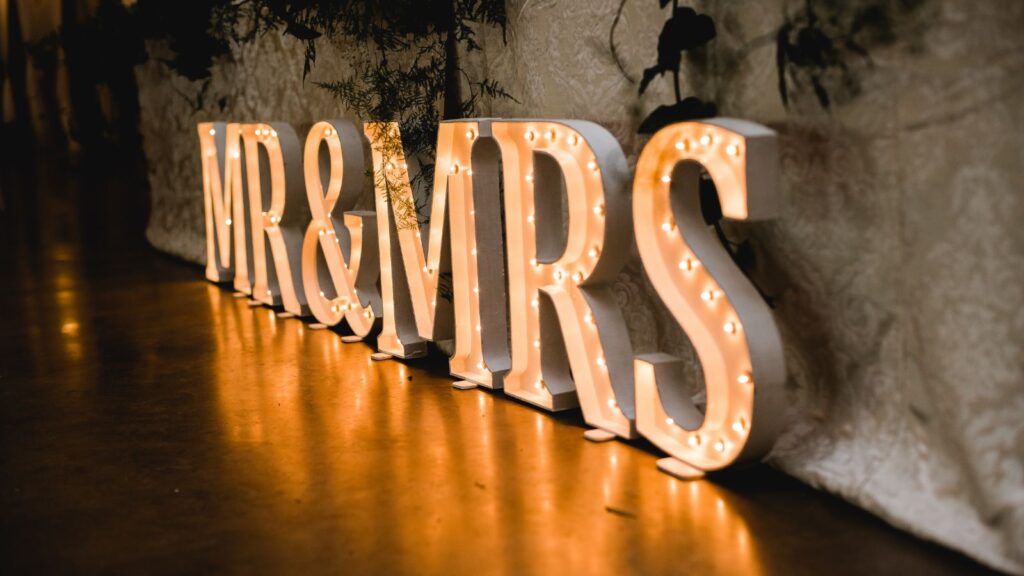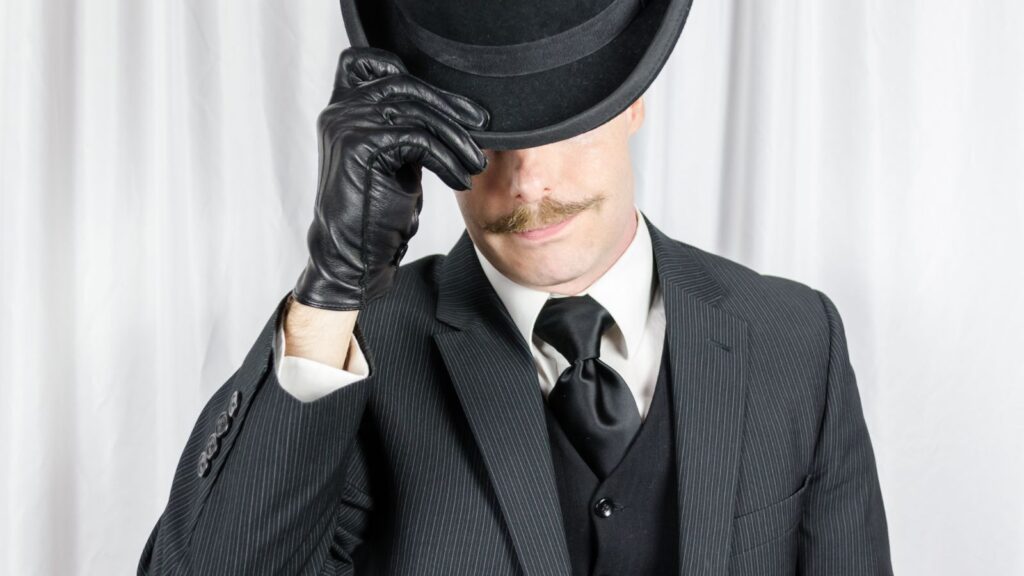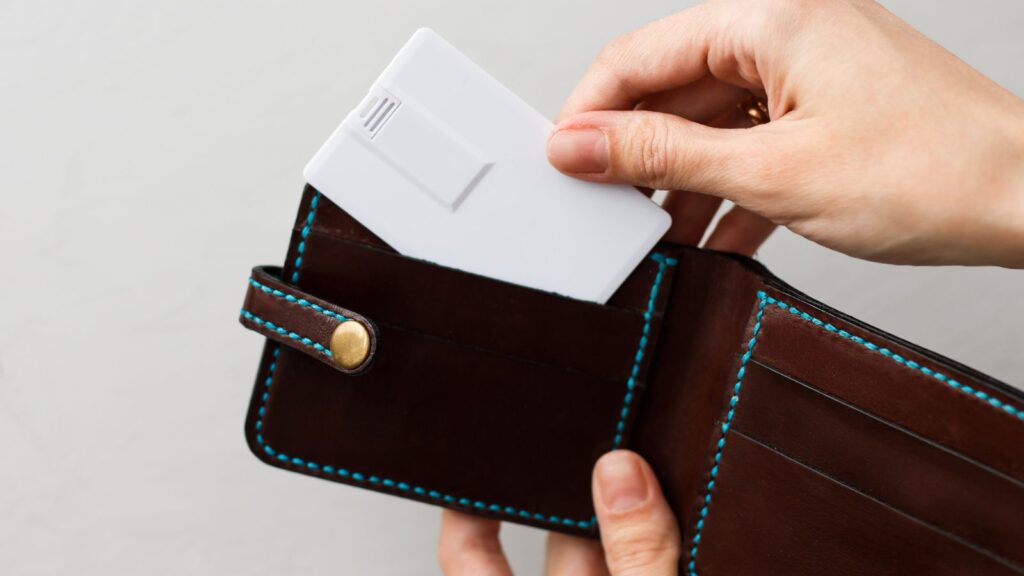Social interactions come naturally to some, while to others, they’re anxiety-inducing. A faux pas never seems too far away, especially when you display etiquette that is no longer acceptable or is not relevant in modern society. We’ll take a look into each of these changing norms to understand why they've fallen out of favor and how they reflect the changing values of society.
Addressing People by Mr., Mrs., or Miss

The use of formal titles such as Mr., Mrs., or Miss used to be a part of everyday chatter, especially in professional environments. Over the last two decades, there's been a change in attitude, and interactions are usually on a first-name basis, even during job interviews or first meetings in corporate settings. Less formality gives a better sense of equality, especially in work environments.
Writing Thank You Notes

Sending handwritten thank you notes was once the done thing to show appreciation. It is still seen as a thoughtful gesture, but it has been replaced by more instant methods of communication like emails and instant messaging. The time it takes to write the note and then send it seems counterintuitive when you can just drop someone a message straight from your phone.
Asking Parents for a Date's Hand

Asking a partner’s parents for permission before a date used to be common, particularly in religious or socially conservative families. This has mostly disappeared as having freedom in choosing a partner has become normalized. It would be seen as odd by most families to ask permission today.
Wearing Hats and Gloves

In the early 20th century, hats and gloves were fashion accessories for both men and women, and even into the late 20th century, women wore hats to formal gatherings. They are still popular at events like weddings or horse races, but even dress codes at weddings are more relaxed, and at certain events, it may be seen as pompous.
Not Wearing White After Labor Day

This fashion rule originated from early 20th-century customs that associated white clothing with summer resort wear. Choice of clothing has become much more personal and people ignore what is seen as advice from your grandmother at the dining table.
Men Standing When Women Leave the Table

Men standing when women left the table was seen as a sign of respect and deference. This was followed by some families up until the end of the last century. As gender equality has gained more awareness, it is rare to see it in practice as it can be taken as condescending towards women despite its original intentions.
Avoiding Elbows on the Table

This table etiquette was taught to every child brought up in the 20th century and originated in medieval times. Elbows on the dinner table risked stern rebuke from embarrassed parents. Today, it is generally ignored as dining habits have become less formal and the acknowledgement that it’s impractical to never put your elbows on the table.
Strict Dinner Party Seating Rules

Dinner party seating followed rules based on social hierarchy, marital status, and age. Modern hosts are more likely to arrange guests in a way that makes people comfortable and allows for enjoyable conversation and interaction.
Women Always Wearing Hosiery

The expectation for women to wear pantyhose or stockings was because of outdated views on how women should dress and show professionalism. It is no longer an expectation and is seen as a relic of the past, with workplaces and social settings giving little thought as to what women wear on their legs.
Men Always Paying on Dates

Men paying for dates was symbolic of the economic disparity between the sexes in the last century. Women have gained economic independence, and with that, they want to pay for things equally. To attempt to pay for a date without consent would likely cause offense in the modern world.
Refusing to Discuss Politics or Religion

Politics and religion were once taboo in conversation due to their potential to cause conflict. They do remain contentious topics, but people are more willing to discuss them to understand the different views held by friends and family.
Offering a Firm Handshake

A handshake was once the most common form of greeting in professional and formal settings. The global pandemic and the realization that not everyone is comfortable with physical touch has seen it used far less.
Using Calling Cards

Calling cards, or visit cards, were a formal way to announce that a person had attempted to visit another. Cell phones have made these obsolete, and people are easily able to find out if someone is at home. Leaving a calling card today would likely cause much hilarity and accusations of being too formal.
The Man Walking on the Outside of the Sidewalk

Men walking on the outside of the sidewalk was a display of protectiveness towards women. Any hazard coming from the road would hit the man first, and the woman would be saved. Views on gender roles have changed, and overprotective men are seen as not respecting the autonomy of women.
Ladies First

“Ladies first” as a social etiquette has seen a decline in favor of a more equal approach. Courtesy is now the main concern rather than social norms based on gender narratives.
Making Introductions Based on Gender or Age

Introductions once stuck to a hierarchy of gender and age, which is increasingly seen as outdated. Modern introductions prioritize relevance and relationship context over age or gender, although older generations may still use the norms they are used to and believe in.
Dinner Bell for Meals

The use of a dinner bell to gather family members for meals is a quaint reminder of pre-digital times. It is becoming less common for families to even have dinner at the same time due to work and school commitments. If there is a need to gather the family for dinner, it’ll probably be done through a messaging app or a yell.
Keeping the Phone Off the Table

Keeping the phone off the table is still considered good etiquette when eating, but it is increasingly common to see a phone and dinner plate next to each other. Smartphones play such a central role in people’s lives that it has become almost impossible to separate them, even when eating.
30 Traditional Sayings That Are Now Considered Offensive by Woke Culture

30 Traditional Sayings That Are Now Considered Offensive by Woke Culture
21 Habits Often Associated With Having a Lower Social Status

21 Habits Often Associated With Having a Lower Social Status
25 Social Issues Gen Z are Determined to Cancel

